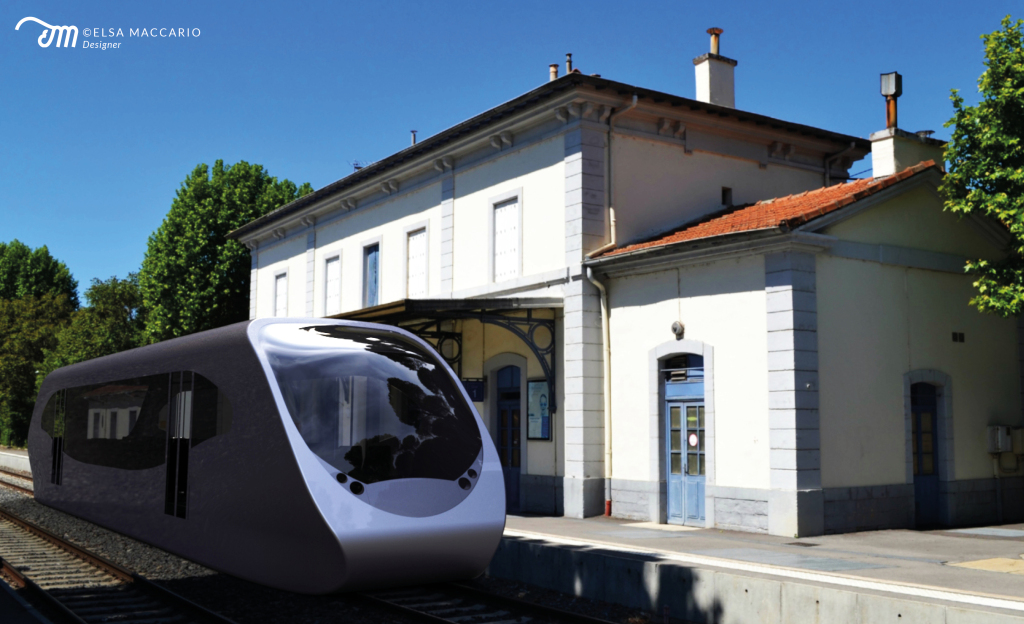The environment places the world in a difficult situation, so it is necessary to implement sustainable proposals to achieve the reduction of CO2. Mobility is essential for those objectives, therefore both the public and private sectors are actively working to build what is urgent today.
In long-distance travel, who wins the race?
It is an obvious fact that air travel has increased exponentially over the last two decades. Low prices, joined with reduced travel hours, have become a temptation that transport users have been unable to resist. Besides, some choose to travel in their own vehicle, without time pressures, and opting for the economy when the family group is large. On the other hand, trains, despite being a good option for their sustainability in comparison to motorized transport or airplanes, do not seem to be a favorite.
What about short distances?
Much is known about the possible mobility alternatives in big cities, but as soon as we get a little further away, the panorama changes. There are those territories where car-sharing, bicycle, or bus are not the best or just no option.
The possible solution to this issue could be: Ecotrain. It is a French project of sustainable mobility, which promises a railway service with quality, efficiency, and also environmental friendliness. With these expectations, the aim is to position the train as the best alternative for achieving carbon-free mobility.
Responding to specific needs
The Ecotrain project points out that there are 50,000 km of railway lines in Europe, which must be attended due to their deterioration. Some tracks are closed and dismantled, and a renewal would only be justified if the tonnage of trains and the speed of operation are high. Therefore, “for a local service, light autonomous shuttles for passengers or for local freight (less than 5 t) can usefully replace bus networks and truck deliveries, with an operating cost at equilibrium and a regeneration cost 2 to 3 times smaller than for a classical train network”.
What is it about?
The Ecotrain project aims to correct the shortcomings of the current transport system and build trains based on a standardized concept open to all manufacturers. This enables public and private entities to consult the Ecotrain studies and at the same time to make improvements to the system.
The technology, which Ecotrain proposes, means machinery with a low mass in the axle, electric motorization based on lithium-ion batteries, and solar panels that would contribute to the main charge of the batteries making their operative costs minimum.
The main objective of trains with these characteristics is the transport service efficiency and the reduction of the carbon footprint. The focus is on those territories where short circuits are essential for the development of local businesses or activities such as agriculture.
While Ecotrain continues to develop its work, the invitation to new partners continues.
Hopefully, we will see this open-source and innovation project completed and replicated throughout Europe, as our environment deserves it.
